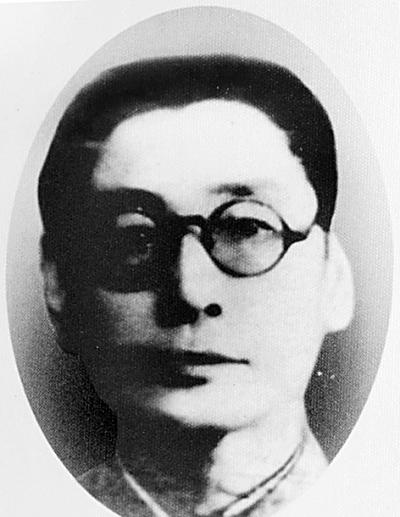【Editor's Note】
It's the Dragon Boat Festival. The Dragon Boat Festival, also known as the Poet's Festival and the Duan Etiquette Festival; do not learn poetry, there is no speech; do not learn etiquette, there is no way to stand; Confucius's poetry etiquette has influenced generations of Chinese. "Home country and the world" is the unchangeable feeling of the sons and daughters of China. For thousands of years, the land of Qilu has given birth to many representatives of literati who have saved the people and supported the world, and their family style has been inherited from generation to generation. The Dragon Boat Festival specially planned "Poetry Ceremony Shandong Poetry Book Heirloom", today to tell you about the feelings of Wang Xiantang and his descendants.

Learn to know, seek the near, seek the far, do what is precious, do not complain about the heavens, do not distinguish others...
This "Self-Proverbs" was written by Wang Xiantang when he was protecting the treasure in Sichuan. In 1937, when the July 7 Incident broke out and the Japanese army approached Jinan, Wang Xiantang, then director of the Shandong Provincial Library, divided the collection of cultural relics into two parts, one way to Qufu, and the other way personally escorted to continue to move south. In the smoke of the flames, after eleven months of travel, qilu cultural relics were finally transported to Sichuan and escaped the disaster.
Li Yonghui, deputy director of the Shandong Provincial Library, said: "At that time, under such dangerous circumstances, he protected these treasures in our Shandong public collection regardless of his family, and Mr. Wang Xiantang's patriotic feelings were actually based on his life. ”
Wang Xiantang is a master of traditional Chinese studies, proficient in archaeology, goldstone, history and other different disciplines, and has compiled 22 million words of academic works. Wang Xiantang had four sons, all of whom were excellent. The elder Wang Zhenhua, encouraged by his father, actively threw himself into the revolutionary cause and was killed by the Kuomintang in 1949 in prison at the White Mansion in Chongqing.
Wang Xiantang's third daughter-in-law, An Kejing, said that after liberation, the province will send glorious lamps and plaques, and at that time Wang Xiantang said angrily that the revolutionary revolution will have to revolutionize one's life, and it is all right not to fight for fame and fortune.
As a collector of cultural relics, Mr. Wang Xiantang has donated precious cultural relics and books to the state many times in his life, including national treasures such as Li Zicheng's "Breaking the Seal of the King" and Gou Jian Sword. In 1960, Wang Xiantang died, and the patriotic, rigorous, and book-loving family style and family training were passed down.
Wang Fulai, The grandson of Wang Xiantang, recalled his grandfather's dying situation: "At that time, he called me to the front and said only six words, these six words, either to play and eat and drink, or to repeat the six words of 'reading', 'reading', and 'reading'. "A university scholar who is about to die, in the end, what he left behind can be said to be self-evident.
Nourished by the family style, Wang Shulin, the great-grandson of Wang Xiantang, is now also engaged in the study of traditional culture. He compiled more than 800 poems of Wang Xiantang and edited and published a number of surviving works. "Many people assert that you are slowly no longer interested in studying these things, but the more you study, the more you will find that this so-called Sinology in China is inseparable from these things, which is the foundation of Chinese Sinology, what can you do?" It is to go from shallow to deep, slowly and step by step research, to carry forward, to promote. Wang Shulin, the fourth eldest grandson of Wang Xiantang, said.